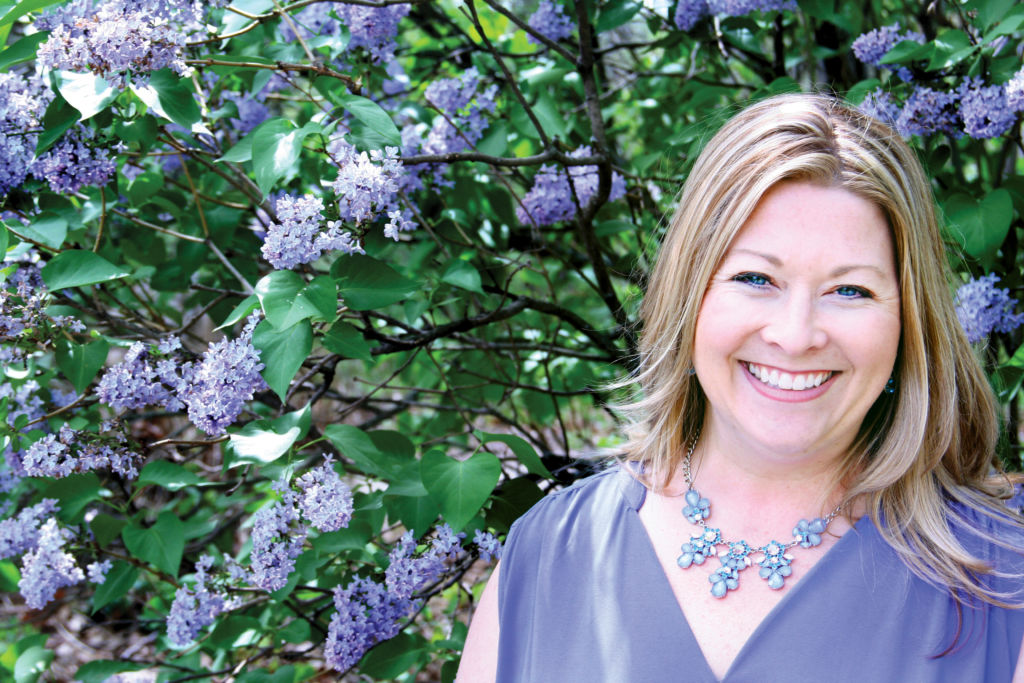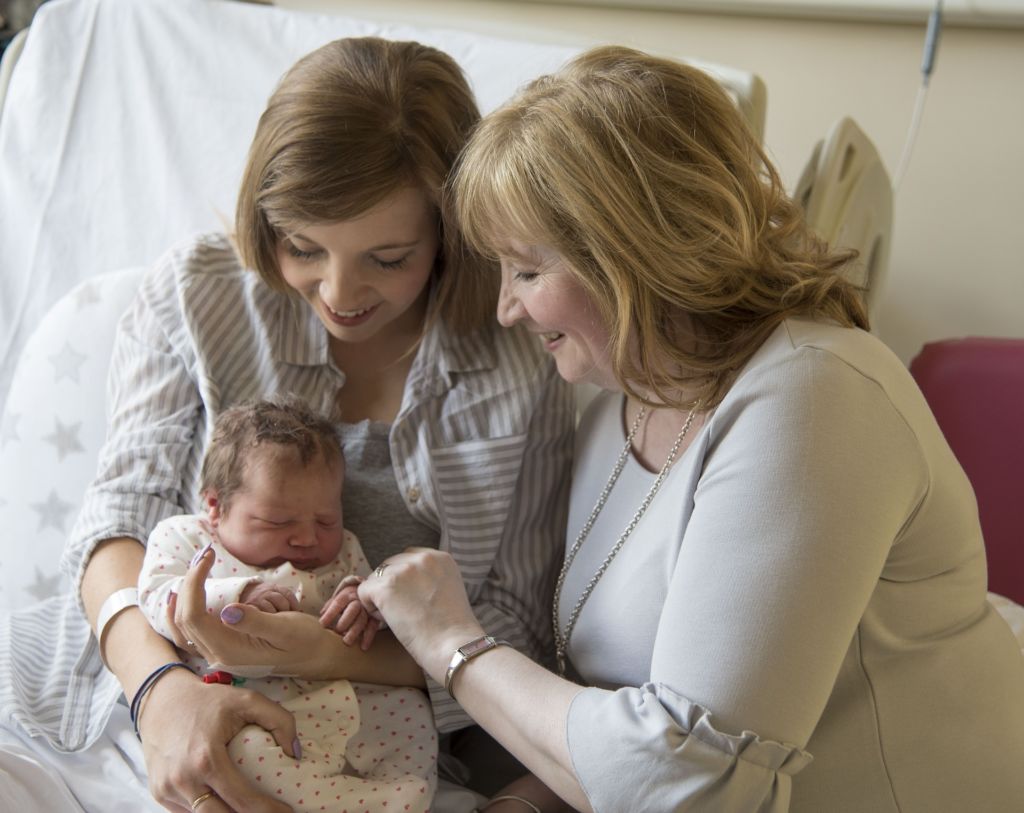How Much Does a Doula Cost?

With all of the expenses that accompany pregnancy and—eventually—parenthood, it’s natural to be concerned about your budget when considering hiring a doula. So, how much does a doula cost? Prices vary widely and depend on the specific role of your doula, since there are both birth doulas and postpartum doulas. Their hours, rates, and responsibilities […]
Doula Support for Adoptive Families

Most parents probably don’t think about hiring a doula if they aren’t pregnant. They think of a birth doula only supporting a laboring mother, but that couldn’t be farther from reality. Birth doulas can support any parent. Postpartum doulas can support adoptive families by helping them to prepare for baby’s arrival and in-home after baby […]
Sleeping Through the Holidays

Right when you get your child on a good schedule something inevitably comes up that makes it difficult to stay on track. We just went through the dreaded daylight savings (the worst for adults too!). Right now we are in the midst of the holidays. Here are some sleep tips for keeping your children’s sleep […]
Podcast Episode #17: How to Find a Babysitter You Trust

On this episode of Ask the Doulas, Alyssa and Cindy talk about how to find a babysitter that you trust to watch your kids. You can listen to this entire podcast epidode on iTunes and Soundclound. Alyssa: Hi, welcome to another episode of Ask the Doulas. I am Alyssa, and I’m here with Cindy from […]
Podcast Episode #10: Dealing with Modern Medicine and Your Mother-in-Law

On this episode of Ask the Doulas, Alyssa and Cindy talk about dealing with input from family members, including your mother-in-law, about parenting and about the role modern medicine plays in being a parent. You can also listen to the podcast on iTunes. Alyssa: Hi, welcome to Ask the Doulas with Gold Coast Doulas! This […]
[un]common sense: Buy them what they asked for

[un]common sense is a blog about navigating through everyday life, using some common sense tips to make it just a bit easier, and sometimes a little more fun. Alyssa is a wife, mother, and postpartum doula who has some tricks up her sleeve and wants to share them with the world. Well now, don’t you […]
The Modern Grandparent

Understanding the Modern Parent First of all congratulations on becoming a Grandparent! Whether this is your 1st or 5th, it is a very excited time for the whole family. Gold Coast Doulas offers in-home private classes for The Modern Grandparent. We are not currently offering group classes. This 2 ½ hour class will break down […]


